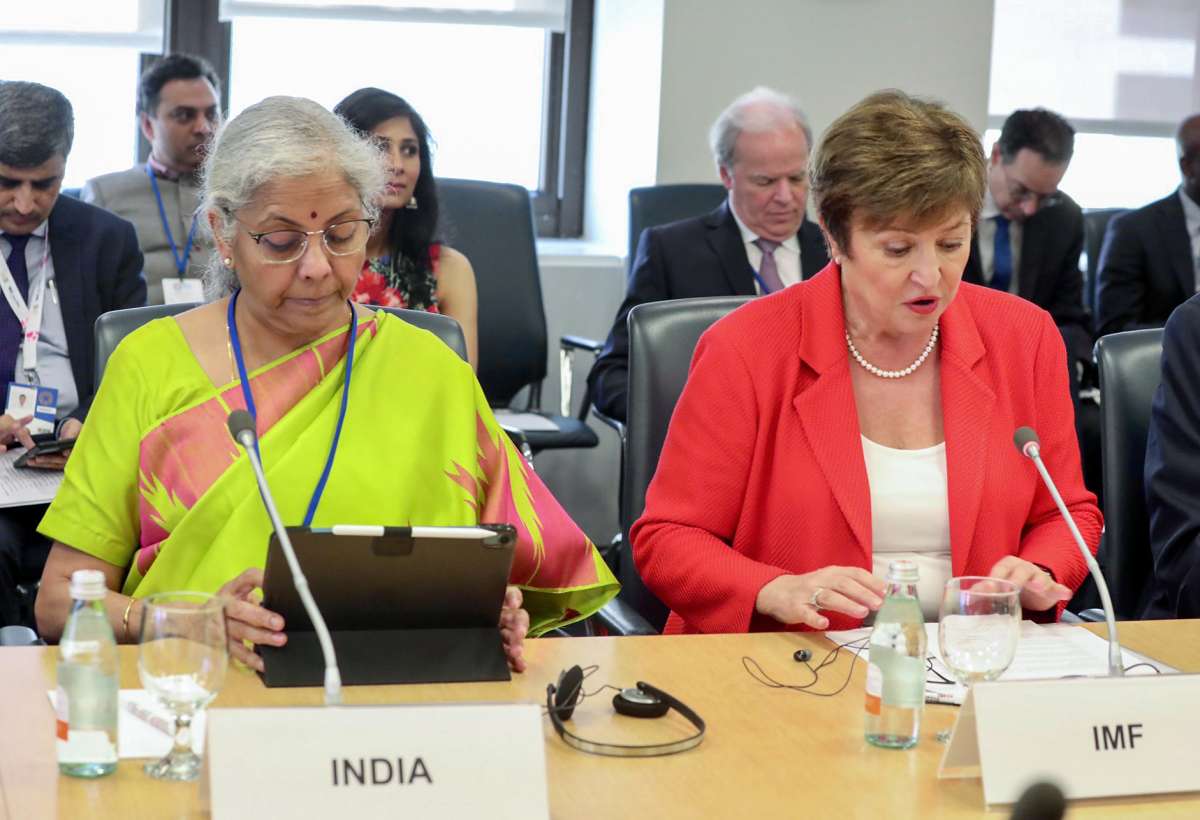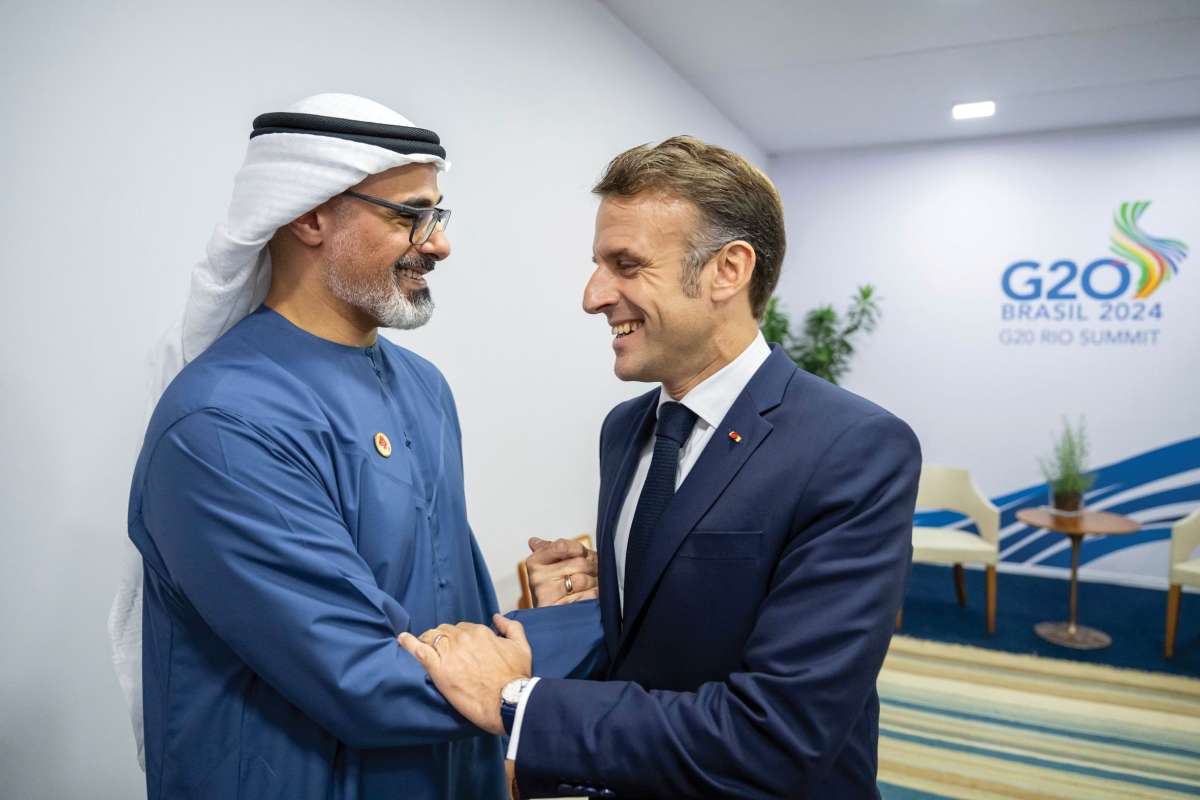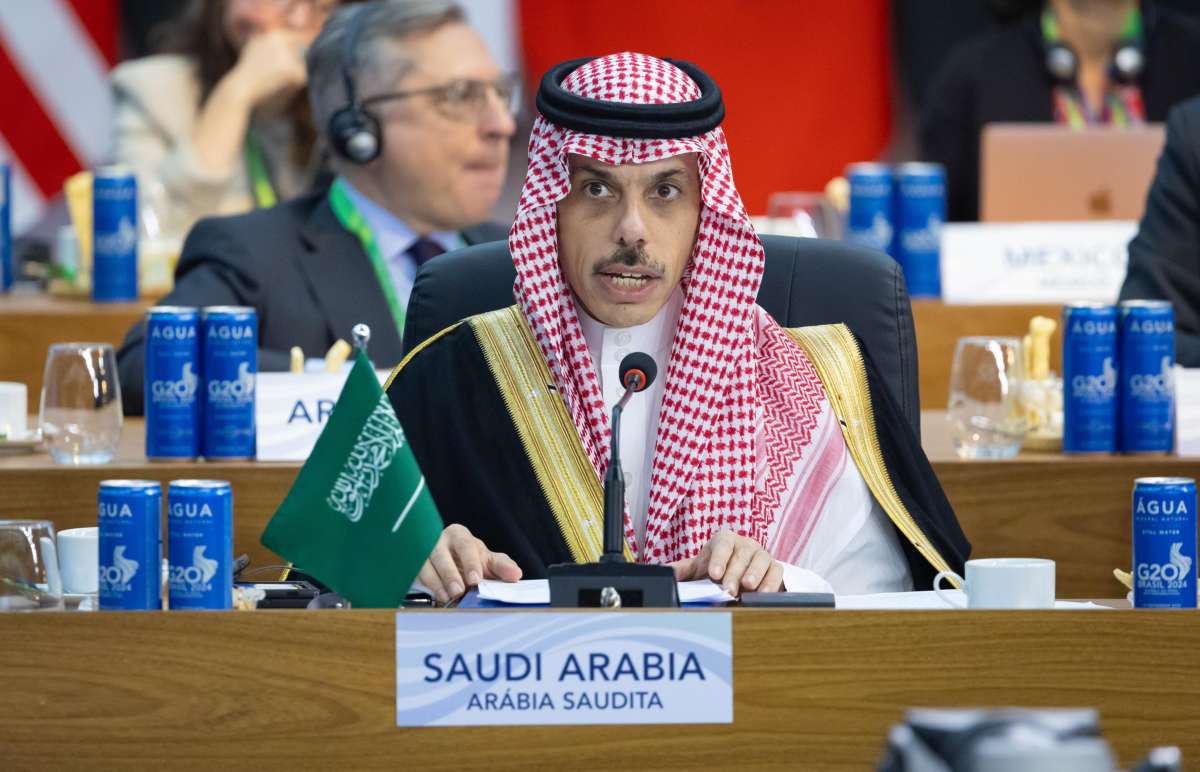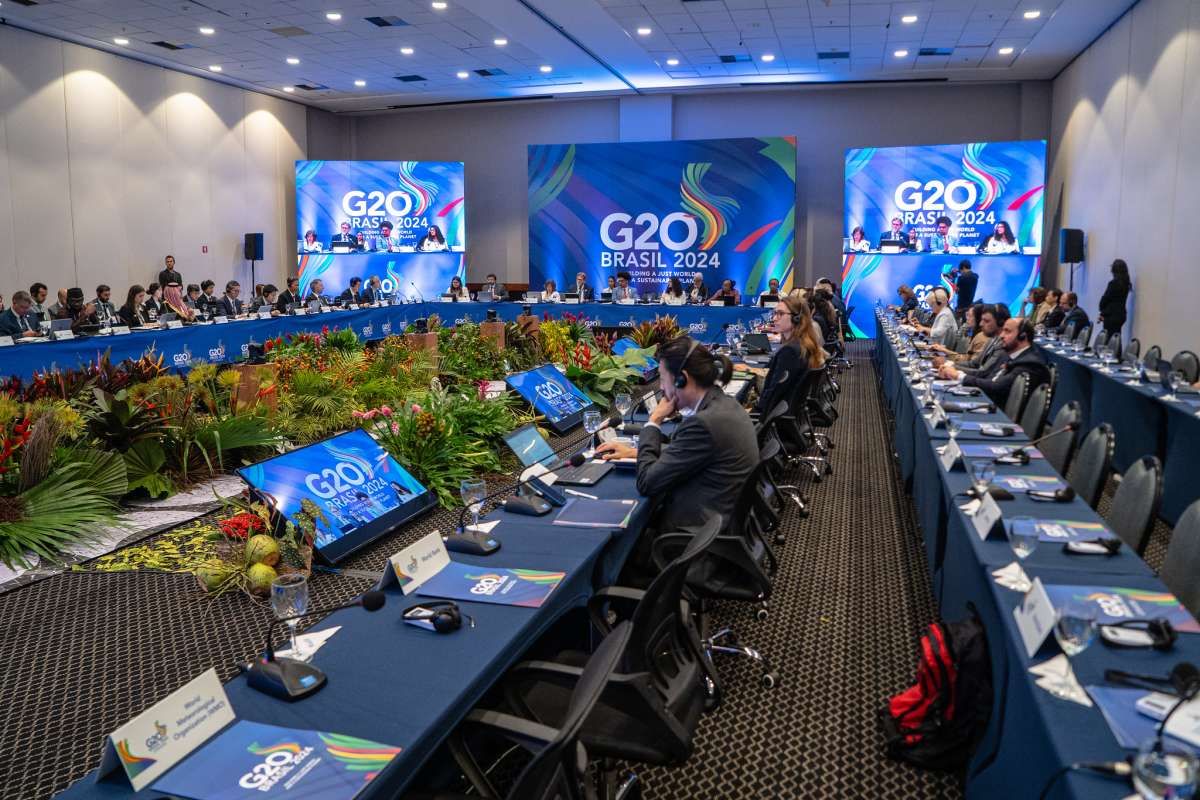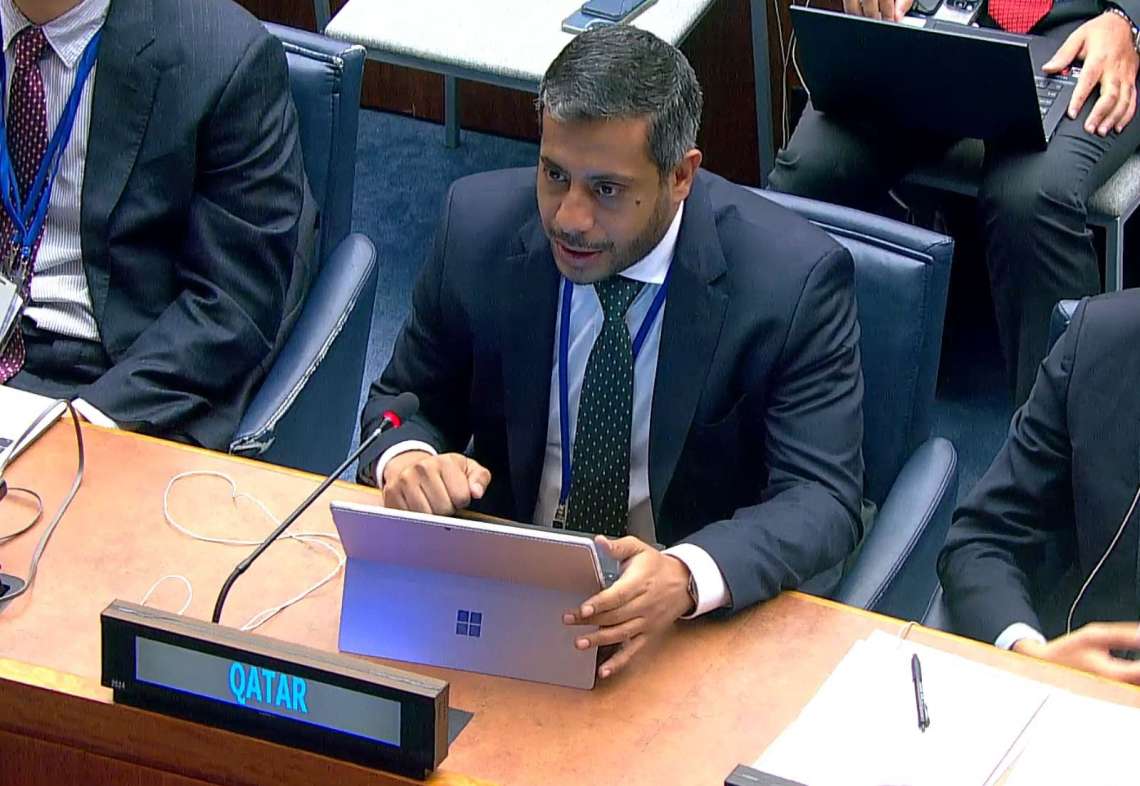The 3rd G20 FMCBG meeting saw the participation of Finance Ministers and Central Bank Governors of the G20 members, guest countries, and heads of International Organisations…reports Asian Lite News
Stating that the costs of delays in reaching an agreement on debt restructuring acutely impact borrower countries, International Monetary Fund Managing Director Kristalina Georgieva called for a process that is “speedier and more effective”.
IMF chief Kristalina Georgieva made the remarks at the third meeting of the G20 Finance Ministers and Central Bank Governors in Gandhinagar, Gujarat. She termed the recent agreement on Zambia’s debt restructuring as a significant milestone for the G20 Common Framework.
Debt restructuring is a process used by companies, individuals, and even countries to avoid the risk of defaulting on loans.
“While this progress is important and welcome, the debt restructuring process still needs to be speedier and more effective. The costs of delays in reaching an agreement on needed debt treatments are borne acutely by borrower countries and their people, who are least able to bear this burden,” the IMF chief said.
On June 22, Zambia announced that it had reached an agreement on a comprehensive debt treatment with its Official Creditors under the G20 Common Framework, taking the country a step towards restoring Zambia’s long-term debt sustainability.
In her initial remarks speaking about the global economic outlook, IMF chief Georgieva said it has shown some resilience.
“Despite successive shocks in recent years and the rapid rise in interest rates, global growth—although anaemic by historical standards—remains firmly in positive territory, supported by strong labour markets and robust demand for services.”
That said, she said, activity, however, is slowing, especially in the manufacturing sector. Looking further ahead, medium-term growth prospects, according to her, remain weak.
“Divergences in economic fortunes across countries are a persistent concern: some pockets of the global economy are doing well; others are weakening but still growing; and vulnerable countries are falling further behind.” On inflation, she said there is some encouraging news — the trend is finally downwards.
“The top priority is to durably bring inflation down. While there is progress, the job is not yet done—monetary policy must stay the course. A premature celebration can reverse the hard-won gains made so far in the disinflation process. Rather, if we stay the course, we can enjoy price stability as a foundation for growth and prosperity,” she added.
The two-day-long Third G20 Finance Ministers and Central Bank Governors (FMCBGs) meeting under the Indian G20 Presidency is underway in Gandhinagar, Gujarat.
Union Finance and Corporate Affairs Minister Nirmala Sitharaman and the Reserve Bank of India (RBI) Governor Shaktikanta Das, jointly chaired the meeting.
The 3rd G20 FMCBG meeting saw the participation of Finance Ministers and Central Bank Governors of the G20 members, guest countries, and heads of International Organisations.
The meeting largely delved into five thematic sessions, covering Global Economy and Global Health, Sustainable Finance and Infrastructure, International Financial Architecture, International Taxation, and Financial Sector and Financial Inclusion.
Georgieva also urged G20 nations to restore the primacy of the multilateral agency’s quota resources by restoring review in time.She also urged G20 Leadership to strengthen the global Financial Safety Net.
Georgieva was speaking at G20 Finance Minister and Central Bank Governor meeting under India’s Presidency. “Today, while the IMF has nearly $1 trillion in lending capacity, quota resources—which are critical to ensure the predictability of the IMF’s firepower—have shrunk in relative terms. I appeal to G20 countries to restore the primacy of IMF quota resources by successfully completing the 16th quota review by the end of this year,” she said
A quota formula is used to help assess members’ relative position in the world economy and it can play a role in guiding the distribution of quota increases. The current formula was agreed to in 2008. Sixteenth review is now undergoing. India’s share in quota is 2.75 per cent.
Talking about international financial architecture, she highlighted that it has served the world well. Since the second world war, the global economy has expanded by more than 10 times in real terms. This has brought tremendous improvements in wellbeing for people – for instance, average global life expectancy in 1950 was just about 45 years. Now there is need to understand that the world today is more shock-prone and fragile, with climate change, pandemics, and Russia’s invasion of Ukraine all causing widespread turmoil. Resilience to shocks is not evenly distributed – some countries are in better position to protect their people than others.
Keeping these in mind, she proposed priorities for G20 countries and she said: “To protect the most vulnerable countries and their people, we need to strengthen the global financial safety net. While advanced and strong emerging market economies have a cushion of more than $10 trillion in international reserves, the rest of the world relies on pooled resources of international institutions such as the IMF,” she said.
ALSO READ-IMF expresses concerns over Pakistan’s poor track record

